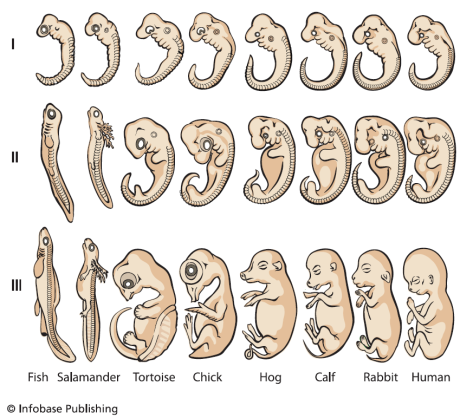P
Prodigal_Son
Guest
I agree with most of what you write here – indeed, I think it is far more important than the point I am attempting to make! – but I also think that strong and strident action does sometimes help to change hearts and minds. My thinking, quite honestly, is deeply impacted by reading the story of Dietrich Bonhoeffer in the Nazi Germany. Bonhoeffer’s friends thought it was best to just obey the “law”, use public relations, and wait out the injustices. Bonhoeffer was one of many Germans who disagreed. He saw that an unjust law is no law at all, and I believe he did a profoundly Christian thing.I am to. I know that abortion is evil. A civilization that ceases to want children, neglects, abuses, uses and aborts children will self-destruct, Abortion is but one symptom and I often wonder where to start.
Christianity has had to deal with state sanctioned evil from the beginning. Early Christians saw slavery, the horrible games played out in coliseums, cruel executions and many other equally evil state sanctioned practices. Christianity has struggled against these practices through the centuries. I believe that the Christians are recognizing that the only real weapon is the changing of hearts and minds. It has never really worked to use force and “intifadas” These methods are the methods that makes the devil dance.
When Christians try using the weapons that the devil so freely offers, we can not win against those who have the greater knowledge in using them. Christians must learn how to use the weapons our merciful God has given us to fight against evil. That is why the statement, “The ends do not justify the means” is a bed rock truth that we must stand on. Christ’s truth, love, compassion, forgiveness and faith are the weapons that we must believe in and learn how to use.

